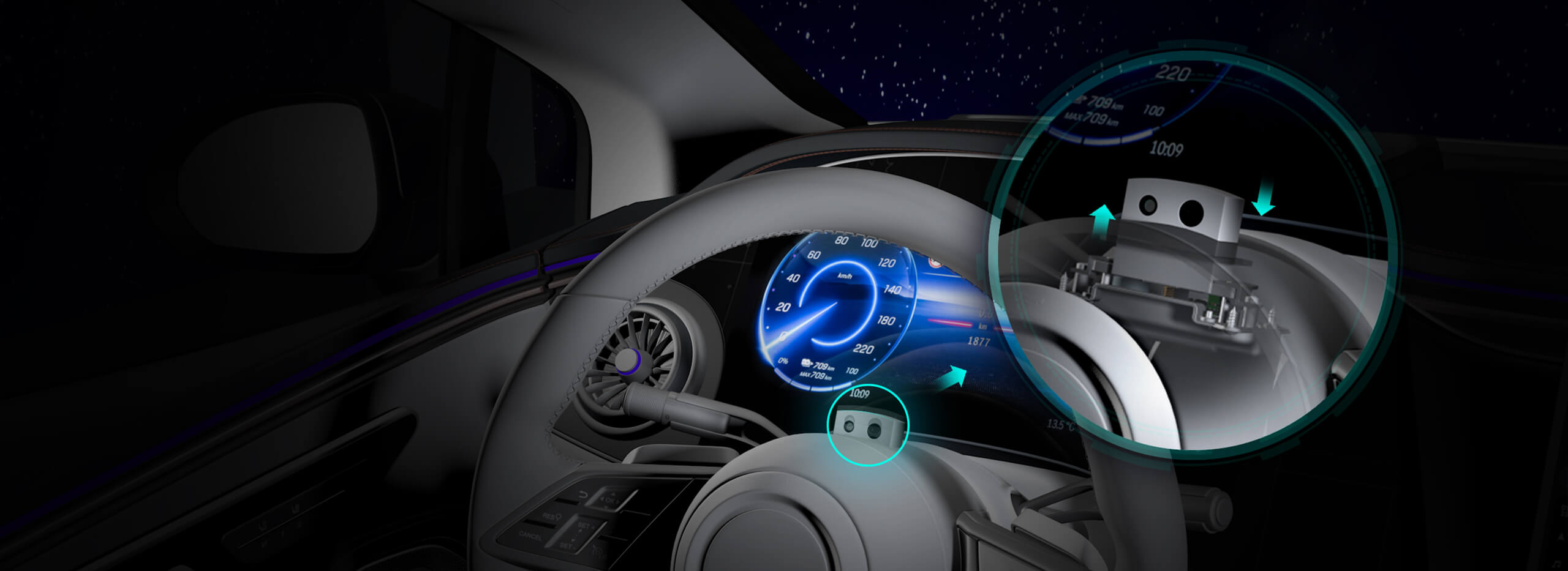When it comes to motors, there are two types that often get compared: DC motors and servo motors. Both have their unique strengths and are commonly used in different applications, but which one should you choose? Let’s break it down.

What’s the difference between a DC motor and a servo motor?
A DC motor is simple, reliable, and has been around for a long time. It works by converting direct current (DC) into mechanical energy. These motors are great for basic tasks that don’t require precise control. Imagine a toy car that just moves forward or backward without any complex movements. That’s a classic example of where DC motors shine.
On the other hand, servo motors take things up a notch. They’re not just motors—they’re a whole system. A servo motor typically consists of a motor, a sensor, and a controller. This setup allows it to provide accurate control over the motor’s position, speed, and torque. Think of robotics or CNC machines where pinpoint precision is necessary. That’s where servos come in handy.
Why choose one over the other?
It really depends on the needs of your project. If you’re building a simple, cost-effective device, a DC motor might be all you need. It’s straightforward and doesn’t break the bank. For instance, a DC motor would work perfectly for fans, small appliances, or basic vehicles. It’s reliable and easy to integrate into low-cost products.
However, if your project demands more control—whether it’s the exact position of a part or how fast a motor turns at any given time—a servo motor is the better choice. You’ll find these motors in high-precision applications, like robotic arms, camera gimbals, and even automated manufacturing processes. They’re designed for tasks that require consistent feedback and high accuracy.
What about cost?
Here’s the kicker: DC motors are generally more affordable than servo motors. This makes them a go-to for budget-friendly applications. Servo motors, while more expensive, deliver the precision and performance needed for specialized tasks. The added cost comes from the extra components, like sensors and controllers, that make the system more complex.
When should I use a DC motor?
If you don’t need complex movement control and are working on a project that doesn’t require constant feedback, the DC motor is your best bet. Its simplicity makes it perfect for a wide variety of everyday devices. From appliances to small machinery, DC motors offer a straightforward, low-maintenance solution.
And when is a servo motor worth the investment?
If your application involves precise positioning, like in robotics or aerospace, servo motors are invaluable. They're capable of high torque at low speeds and can operate with excellent efficiency, even under load. You’d typically see them used in systems that need feedback loops for movement control, ensuring accuracy and consistency.
Final Thoughts
Choosing the right motor is about understanding your project’s needs. A DC motor is easy to use and cost-effective, perfect for simpler applications. But when you need precision and performance, servo motors are the better choice. Both have their place, and finding the right one for your job can make all the difference in ensuring your project runs smoothly and efficiently.
So, what are you working on? Whether it’s a low-cost product or a high-tech system, there’s a motor that’ll fit your needs—sometimes, it’s just a matter of figuring out which one works best for you.
Established in 2005, Kpower has been dedicated to a professional compact motion unit manufacturer, headquartered in Dongguan, Guangdong Province, China. Leveraging innovations in modular drive technology, Kpower integrates high-performance motors, precision reducers, and multi-protocol control systems to provide efficient and customized smart drive system solutions. Kpower has delivered professional drive system solutions to over 500 enterprise clients globally with products covering various fields such as Smart Home Systems, Automatic Electronics, Robotics, Precision Agriculture, Drones, and Industrial Automation.




































